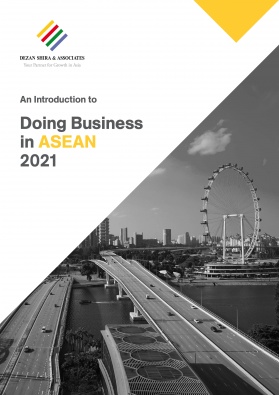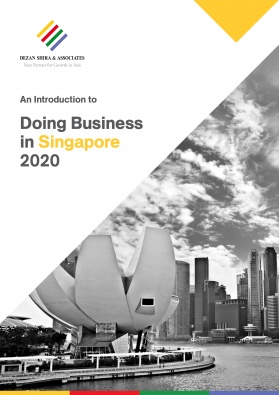Myanmar’s Tax Relief for Businesses Impacted by COVID-19
- Myanmar’s government issued Notification 65/2020, which provides several tax relief measures for businesses impacted by the pandemic.
- These measures come in the form of tax credits as well as deductible tax expenses for the current financial year.
- The tax relief is part of the government’s COVID-10 Economic Relief Plan, which comprises seven goals and 10 strategies covering a range of social and fiscal measures.
Myanmar’s government has issued tax relief measures for businesses in the form of tax credits due to the economic losses caused by the pandemic, under Notification 65/2020.
The country’s economy is suffering from the pandemic and growth is expected to remain subdued at two percent for 2020, down from 6.8 percent in the previous year. Furthermore, the poverty rate could increase to 27 percent in 2021, a rise from 22.4 percent at the beginning of this year.The tax relief is part of the government’s COVID-10 Economic Relief Plan, which comprises seven goals and 10 strategies covering a range of social and fiscal measures. These include providing low-interest loans worth over US$73 million to MSMEs in the hotel and tourism sector, in addition to deferment of corporate income tax (CIT) and social security contributions.
What are the tax relief measures?
Non-refundable tax credit on total incremental wages
The government has allowed taxpayers to claim 10 percent of incremental salaries as a tax credit for CIT purposes. The tax credit will not be refundable and so any excess CIT payments after deducting the 10 percent tax credit will not be allowed as a refund. The tax credit cannot be carried forward in future years.
Deduction on total incremental wages
Taxpayers can claim 125 percent of incremental wages (incurred during FY 2019-2020) as deductible tax expenses for the current fiscal year. This special deduction is available to all corporate taxpayers regardless of whether they are in a profit or loss position. In addition, the deduction is available to taxpayers enjoying tax exemptions under the Myanmar Investment Law (MIL) and Special Economic Zone Law (SEZL).
Non-refundable tax credits on incremental investment on capital equipment
A 10 percent tax credit is available on incremental investments on capital equipment, but it can only be applied on investments made within FY 2019-2020 compared against the cost of capital equipment.
Certain investments will not be regarded as qualifying investments. These are:
- The purchase, expansion, or upgrade of land or buildings;
- Investments in intellectual property rights;
- Investments in an intangible property;
- The revaluation of existing assets; and
- Businesses who are eligible for reinvestment exemption incentives under MIL and SEZL.
Deduction of depreciation for incremental investment on capital equipment
Businesses can claim a deduction of 125 percent of the depreciation on the incremental investment on capital equipment.
The deduction is available to taxpayers eligible to take tax exemptions under the MIL and SEZL and the depreciation allowance cannot exceed the cost of the capital equipment.
Relief for company directors
The government issued Notification No. 92/2020 in October, which provides relief for company directors unable to comply with residency requirements due to COVID-19.
Under the country’s corporate governance law, a registered company requires at least one director who is deemed ‘ordinarily resident’ resident of Myanmar. A person will need to be in the country for at least 183 days during a 12-month period to qualify as a resident.
However, the government closed Myanmar’s borders on March 29, 2020, and therefore, many directors have not been able to return. The Directorate of Investment and Company Administration has clarified that this period of the country’s closure will not be taken into account when determining a director’s period of residence.
About Us
ASEAN Briefing is produced by Dezan Shira & Associates. The firm assists foreign investors throughout Asia and maintains offices throughout ASEAN, including in Singapore, Hanoi, Ho Chi Minh City and Jakarta. Please contact us at asia@dezshira.com or visit our website at www.dezshira.com.
- Previous Article Understanding Labuan’s New Tax Framework
- Next Article Audit and Compliance in Laos: A Guide for Foreign Investors







